Tbilisi under Moscow’s pressure Experts weigh in on Kremlin’s psychological war against Georgia
The Russian Foreign Ministry has once again called on Georgia to sign agreements with Tskhinvali and Sukhumi on the non-use of force, as well as to initiate the process of delimiting the so-called borders with the Tskhinvali region and Abkhazia, followed by their demarcation.
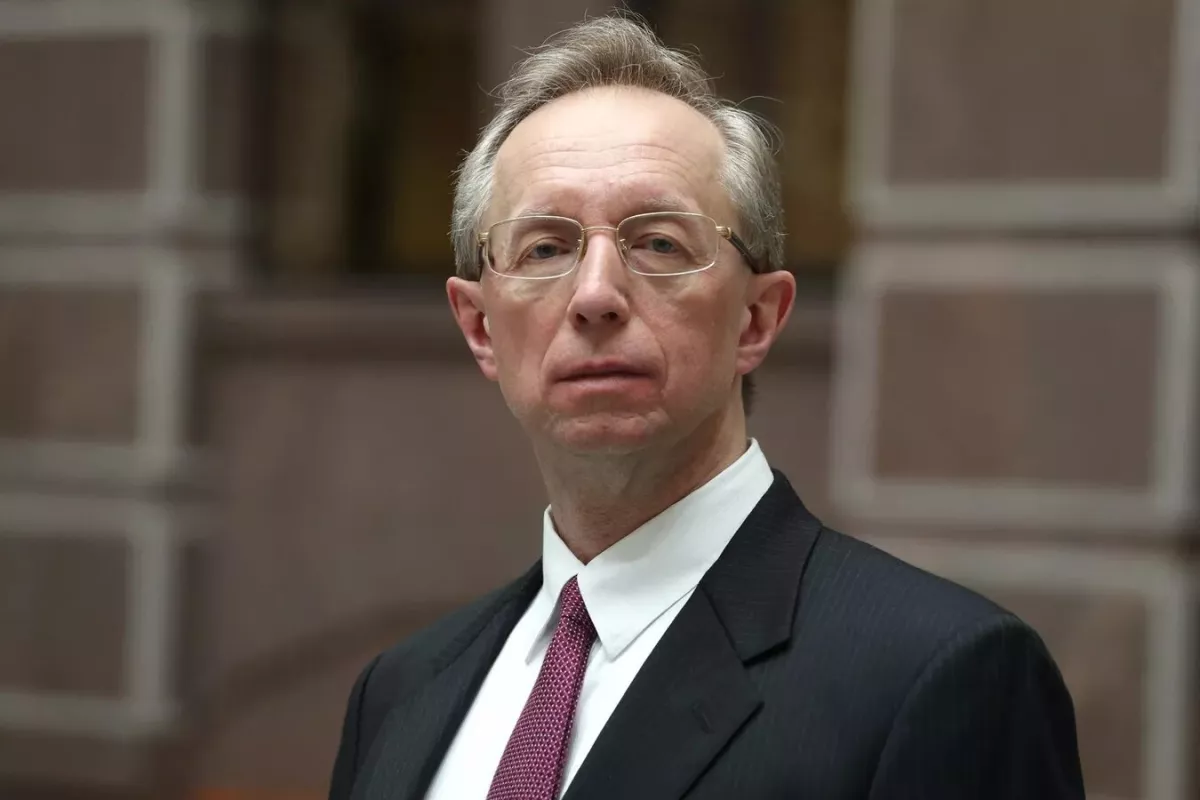
This was stated in a release from the Russian Foreign Ministry following a meeting between Russian Deputy Foreign Minister Mikhail Galuzin and the co-chairs of the Geneva International Discussions on security and stability in the South Caucasus. The meeting was attended by EU Special Representative for the South Caucasus Magdalena Grono (Czech Republic), UN representative Cihan Sultanoglu (Türkiye), and Special Representative of the OSCE Chairperson-in-Office for the South Caucasus, Christoph Späti (Switzerland).
“The meeting was devoted to preparations for the upcoming round of the International Discussions, scheduled for the end of June, and to reviewing the current issues on the agenda of this important negotiation format,” the Russian Foreign Ministry stated.
The Russian side emphasised the “imperative of practically implementing the key task of the Discussions to ensure lasting security for Abkhazia and South Ossetia.”
The 64th round of negotiations within the framework of the Geneva International Discussions is scheduled for June 25–26.
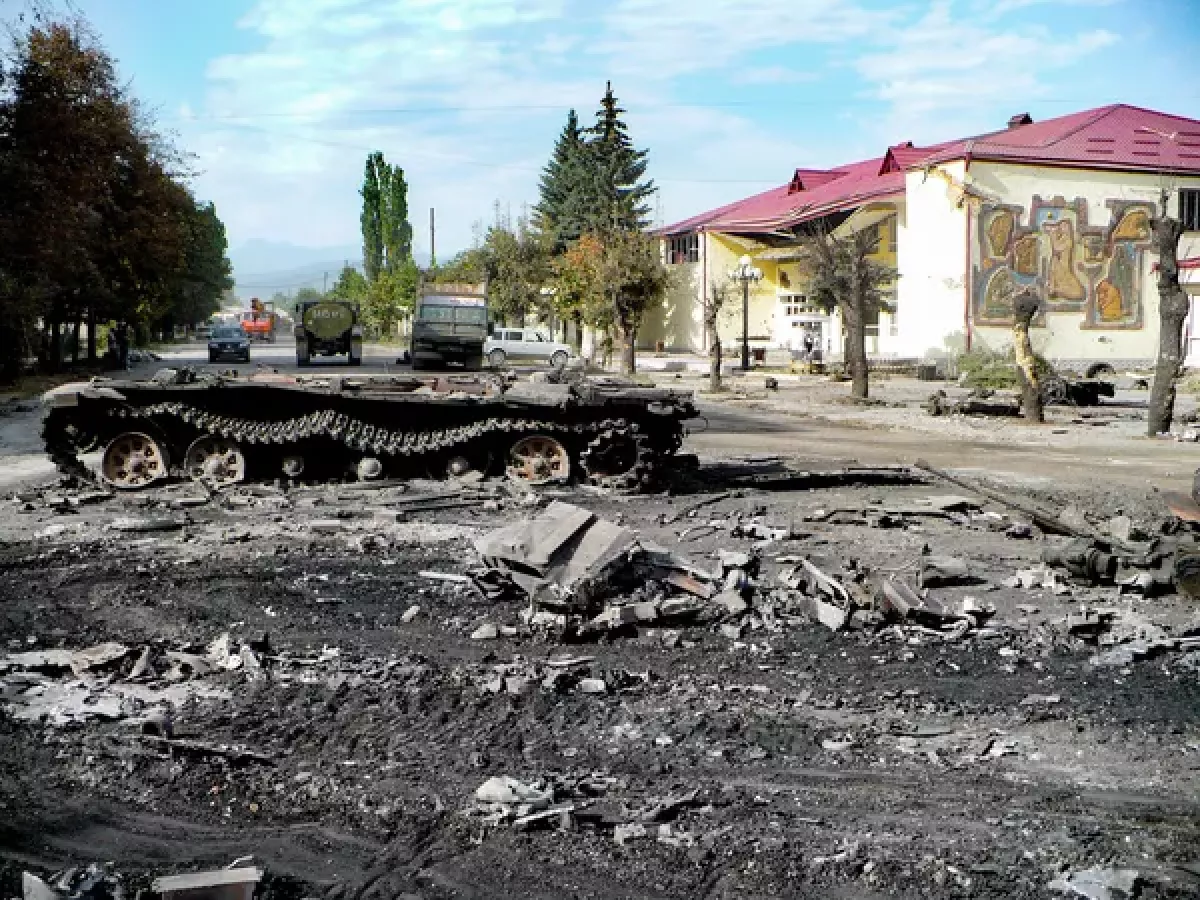
Diplomatic relations between Georgia and Russia were severed on September 3, 2008 — following Moscow’s recognition of the so-called “independence” of the Tskhinvali region and Abkhazia.
The Geneva International Discussions, held under Western mediation, have become the only format for direct dialogue between the parties since the Russo-Georgian war. Participants include representatives from Russia, Georgia, the United States, as well as co-chairs from the OSCE, the EU, and the UN. In addition, representatives from the occupied Georgian regions of South Ossetia and Abkhazia take part in the discussions.
However, Georgia refuses to sign a non-use of force agreement with Tskhinvali and Sukhumi, as demanded by Russia and the de facto authorities of these territories. Tbilisi consistently states that the 2008 war was initiated by Russia, and therefore Moscow is the party to the conflict, and it is with Russia that Georgia is willing to conclude such agreements.
Since early May, Russian airlines have started operating flights to Abkhazia, a region internationally recognised as part of Georgia. In response, Georgian aviation authorities sent a formal protest note to the International Civil Aviation Organisation (ICAO), citing violations of Georgia’s “Law on Occupation.”
Opposition forces in Georgia are demanding that the government suspend air traffic with Russia, pointing out that Moscow is conducting flights to the occupied region.
If Tbilisi’s position remains unchanged, then what is the purpose of Moscow’s repeated calls? Does the Kremlin hope that “constant dripping wears away the stone,” and that sooner or later Georgia will concede—recognise the “borders” with the occupied territories, begin the process of their delimitation and demarcation, and sign non-use of force agreements with the separatists? What is Russia hoping to achieve?
Georgian analysts shared their assessments on this matter with Caliber.Az.
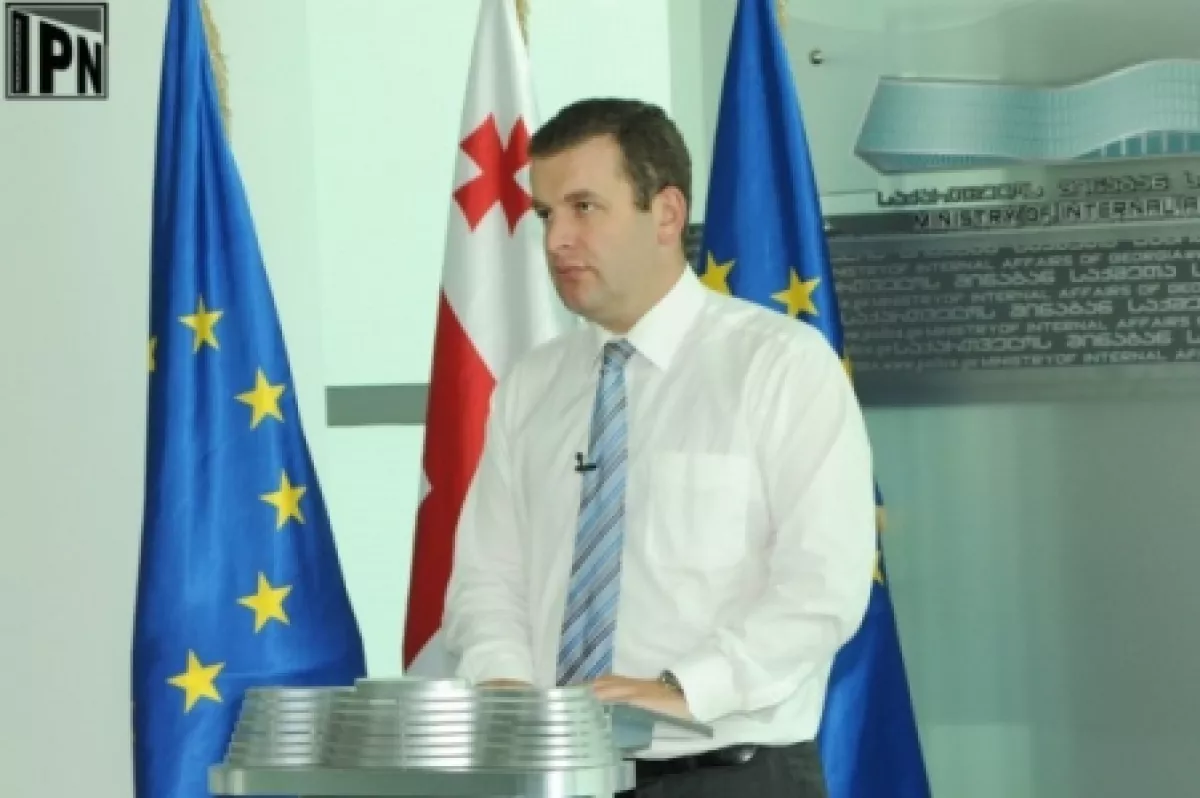
Senior Fellow at the Georgian Foundation for Strategic and International Studies, Shota Utiashvili, explained that Moscow traditionally repeats the same demands after each round of the Geneva negotiations.
“But the fact is that Georgia has never done this and cannot do so because it would be equivalent to recognising the independence of Abkhazia and the so-called South Ossetia. Therefore, both signing the agreement and delimiting the borders are impossible.
In fact, Georgia previously made an official statement declaring that it refuses to use force to regain its occupied territories. It cannot go beyond that. Nevertheless, Russia continues to make the same call every time,” Utiashvili explained.
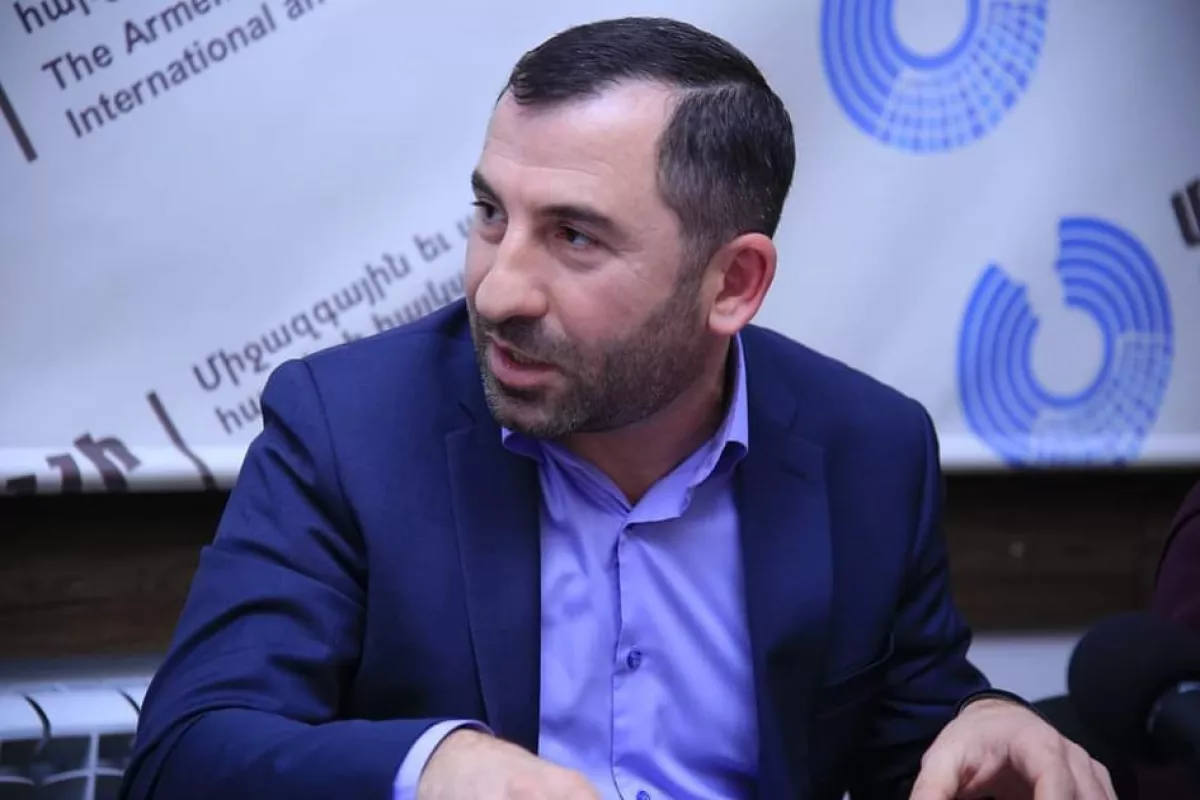
Conflict expert, Doctor of International Relations and professor at the Georgian Technical University, Amiran Khevtsuriani, also believes that Moscow is fully aware of the impossibility of concessions from Tbilisi.
“Signing such agreements would mean the final loss of these territories. Despite this, Moscow generally does not change its position and stubbornly continues to put pressure on Georgia. This is a kind of psychological war that the Kremlin has been waging against Georgia for many years.
It tries to break and demonise Georgian society through its own propaganda channels. Its goal is to adapt Georgian society to the ‘new reality’ created by its military aggression, thereby deepening nihilistic sentiments.
If previously Moscow carried out all this only through centrist forces, now local agents have also become involved, significantly strengthening since the start of the war in Ukraine and directly engaging in anti-state activities.
The most worrying thing in all this turmoil is that the government is not taking any measures to curb pro-Kremlin forces. Moreover, in many cases, they feel very comfortable and even close to government circles,” Khevtsuriani expressed his concern.
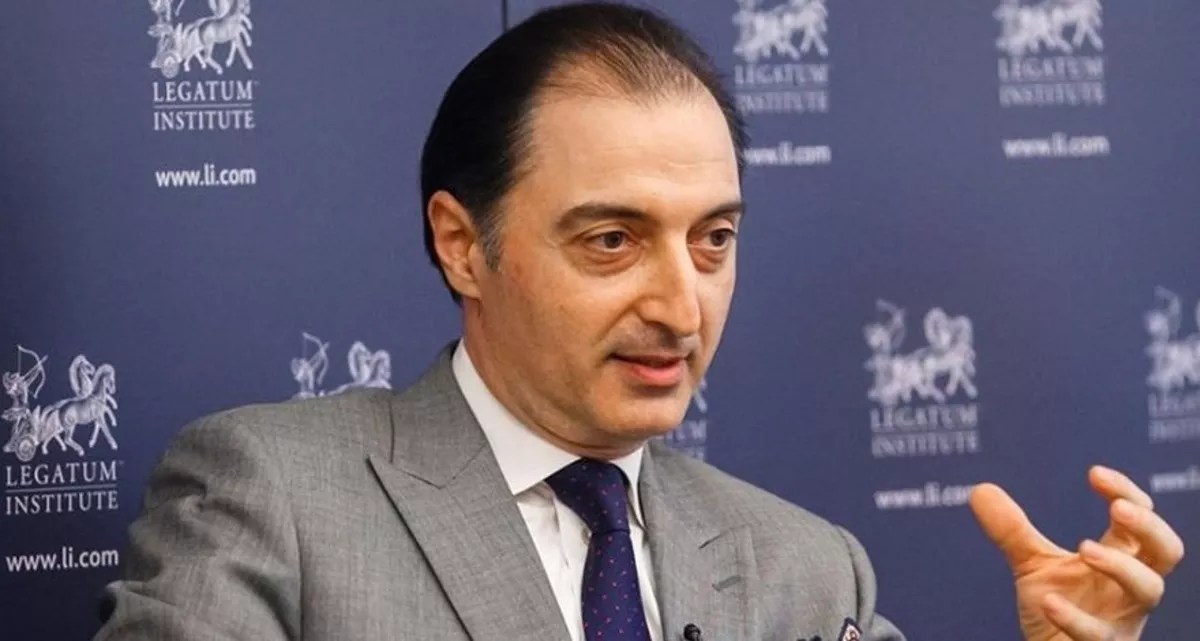
Analyst and former Georgian ambassador to the United Kingdom, Giorgi Badridze, in turn, noted that Russian "diplomacy" has traditionally been marked by extreme overconfidence.
“Since the 1990s, it has tried to play the role of mediator in conflicts that it itself provoked, while being a direct party to them. The only reason the Russian side can speak in such a tone today is the existence of a pro-Russian oligarchic regime in Georgia, which has long been engaged in collaborationism,” Badridze emphasised.








